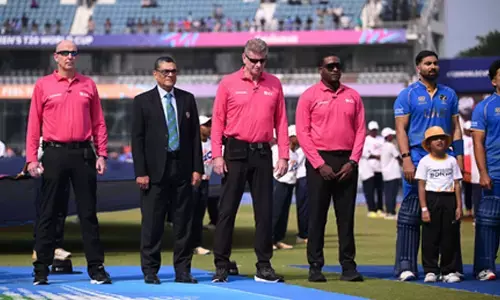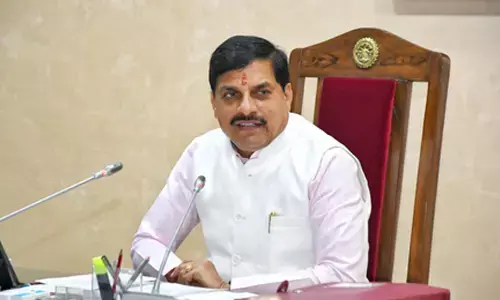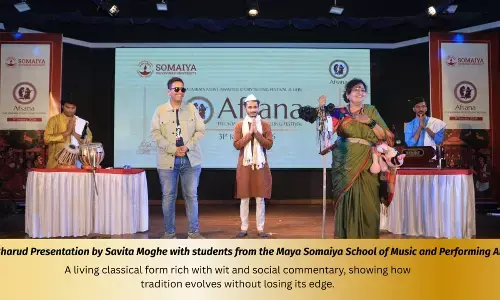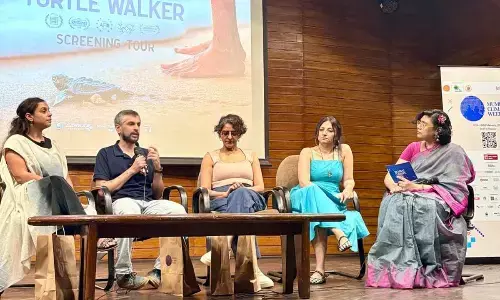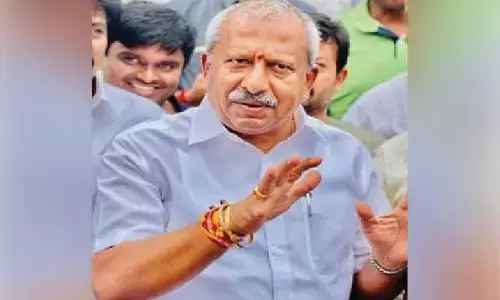New Delhi: High Court Such matters fall in legislature’s domain
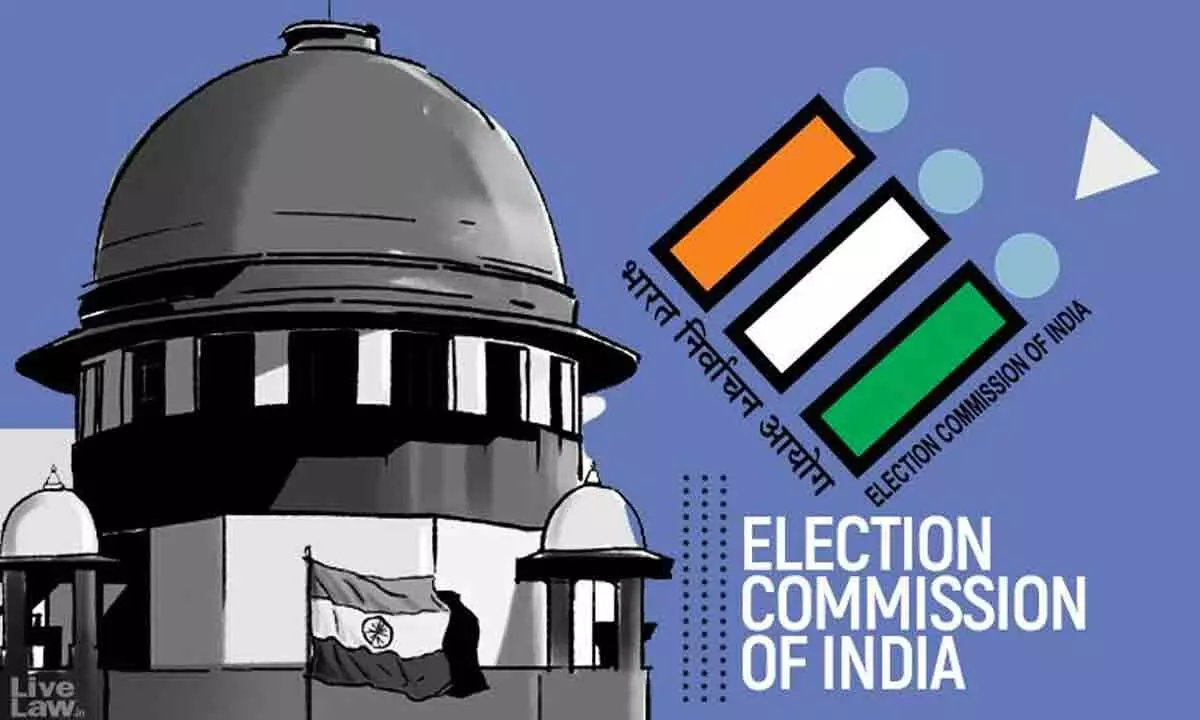
During the proceeding, petitioner Ashwini Kumar Upadhyay, a lawyer, argued that while individuals cannot seek votes based on religion or caste, political parties can be formed using such connotations, which he deemed unacceptable
New Delhi : While dealing with a petition seeking a ban on political parties with names having caste, religious, ethnic or linguistic connotations or flags resembling the Tricolour, the Delhi High Court said on Thursday that such matters fall within the domain of the legislature, stressing that the court does not decide laws.
During the proceeding, petitioner Ashwini Kumar Upadhyay, a lawyer, argued that while individuals cannot seek votes based on religion or caste, political parties can be formed using such connotations, which he deemed unacceptable. He urged the court to issue directions to address the issue until there’s a legal resolution.
The division bench of acting Chief Justice Manmohan and Justice Mini Pushkarna, however, refused to pass any directions at this stage, stating that the naming issue is a serious matter requiring legislative action. The bench said that name alone cannot be decisive, stressing the need for a stipulated test, a decision that ultimately lies with the Parliament. The counsel representing the Union government provided a letter dated October 17, containing instructions addressing the raised concerns. In light of this letter, the Union government opted not to file a counter in the matter.
The court then posted the next hearing for May 7, 2024, reiterating that the naming issue is a complex one that necessitates parliamentary consideration. In August, the court had granted four weeks’ more time to the Central government to file its response on the petition.
Upadhyay’s PIL argues that such political parties’ names might prejudicially affect the poll prospects of a candidate, amounting to a corrupt practice under the Representation of the People Act (RPA), 1951.
The counsel for the Centre through the Ministry of Law had submitted: “They prima-facie say that they want to examine it and seek two week’s time for that.”
“Learned counsels for the respondents pray for four weeks’ time to file the reply. List the matter thereafter,” the court had said. “Review the political parties, registered with caste, religious, ethnic or linguistic connotations and ensure that they are not using a flag, similar to the national flag, and de-register them if they fail to change it within three months,” the petition read.
The court had observed that the Centre was an “equally important party” to the PIL. Referring to political parties such as Hindu Sena, All India Majlis-e-Ittehadul Muslimeen and Indian Union Muslim League, the petition said this violates the RPA and the Model Code of Conduct.
It said: “In addition, there are many political parties, including the Indian National Congress, that use flags similar to the national flag, which is also against the spirit of the RPA.”


